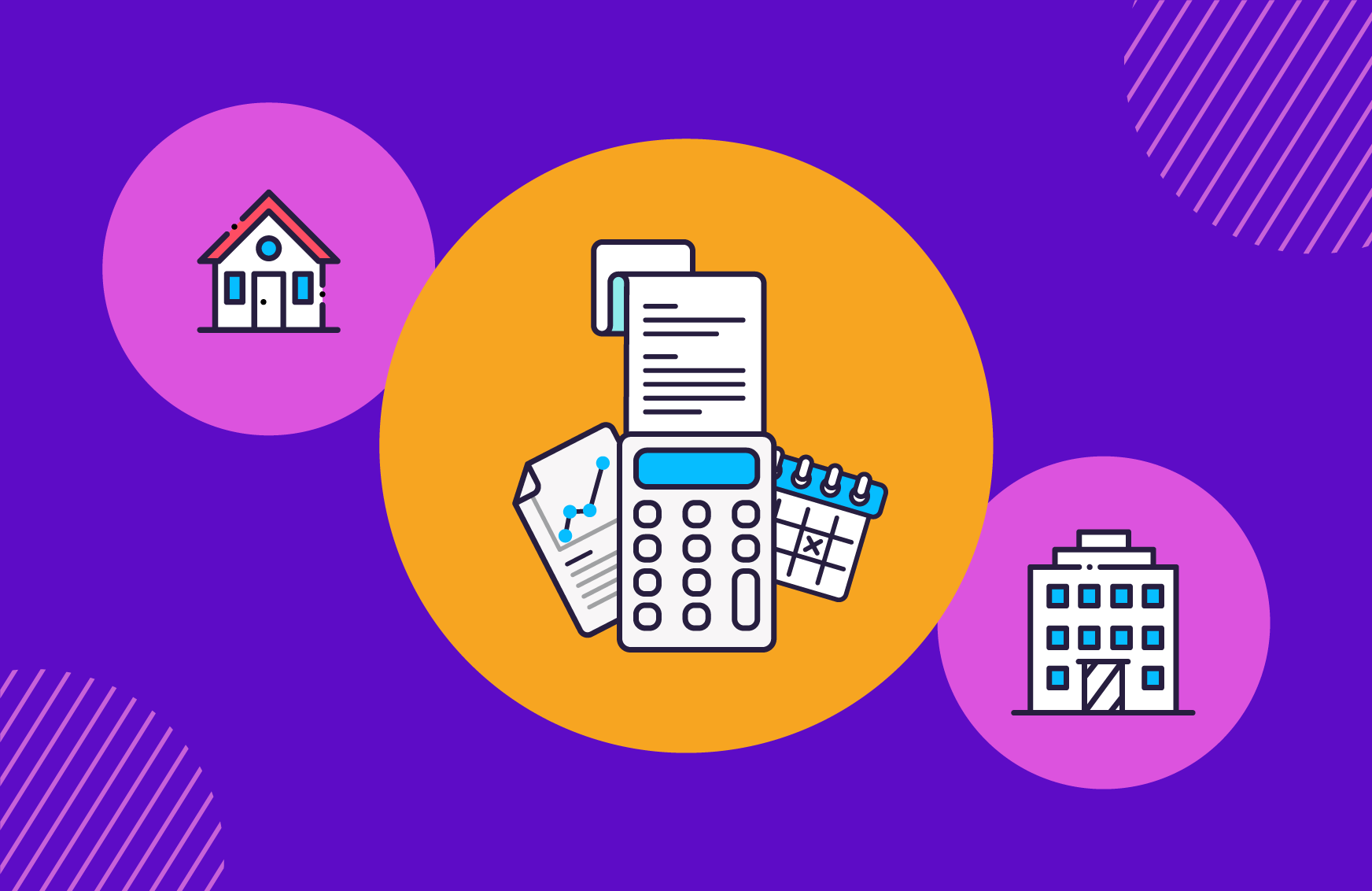5 practical budgeting tips for first-time small business owners
People like to overcomplicate business finances, but it’s pretty much the same as managing your own money at home. You need to keep an eye on what’s going out, maximise what’s coming in, and save cash wherever you can.
Loads of us find budgeting tough, particularly because even the best laid plans can be disturbed by a sudden bill or late invoice. These things happen, but you can prepare for them. Here’s how!
1. Record everything (even the little things)
If you keep track of things now, you’ll thank yourself later. That includes everything coming in, going out, when it was paid, the receipts, and anything else relevant. You’ll need this information to do your tax return, track your income, and make estimates. Without it, you can’t accurately judge how you’re doing financially.
A tip to make life a bit easier: Record everything digitally (ideally with smart software that does the maths for you), and back it up at least a couple of times - one on a hard drive, one in the cloud.
2. Rank your expenses
Not all Direct Debits are created equally. A small business’ most significant expenses include tax, rent/mortgage, utilities, debt, staff, stock/equipment, and insurance. Your tax liability is what it is, but the rest could be changed.
Write down all your outgoings and really analyse them. Can you pay one off faster? Can you move to a cheaper supplier? Do you use that subscription anymore? It’s a bit dull, but it could make dramatic savings. Once it’s done, it’s done!
3. Think before you spend (every time!)
From expensive stock to a daily Starbucks - purchases pile up and affect your overall profits. If you’re worried about how easy it is to get the business credit card out, ask yourself these questions before you considering buying something, big or small. It never hurts to wait before you spend.
- How much do I need it?
- How often will I use it?
- Will it make running my business faster, easier or smarter?
- How long will it take to earn the cost of this back?
- Can I get it cheaper later?
- Is this as good a deal as it seems?
4. Face your bank balance fear
A lot of us avoid checking that number. The more you put it off, the more likely you are to over or underestimate how much cash you actually have.
Make it part of your routine. Check your business account at the beginning of every day, and you’ll know what spending and saving decisions to make.
5. Make a savings plan
Whatever you want to call it - safety net, buffer, rainy day fund - it’s important to have one. Set a standing order up and you’ll see it grow pretty quickly. Purchases that felt a bit out of reach could be more than possible in 3, 6, or 12 months.
When you’ve decided how much to save, you can find a place for your cash with the best return. Interest rates on savings accounts can vary. Money.co.uk is a good place to search for accounts (look below the top 10 for the full list).
Solna helps you keep cash flowing into your business. It’s the smart invoicing tool every small business owner needs in their cash toolkit.
Send automated reminders, and get paid faster with payments powered by Stripe.
Do more of what you love and less of what you don’t. Get started now.








